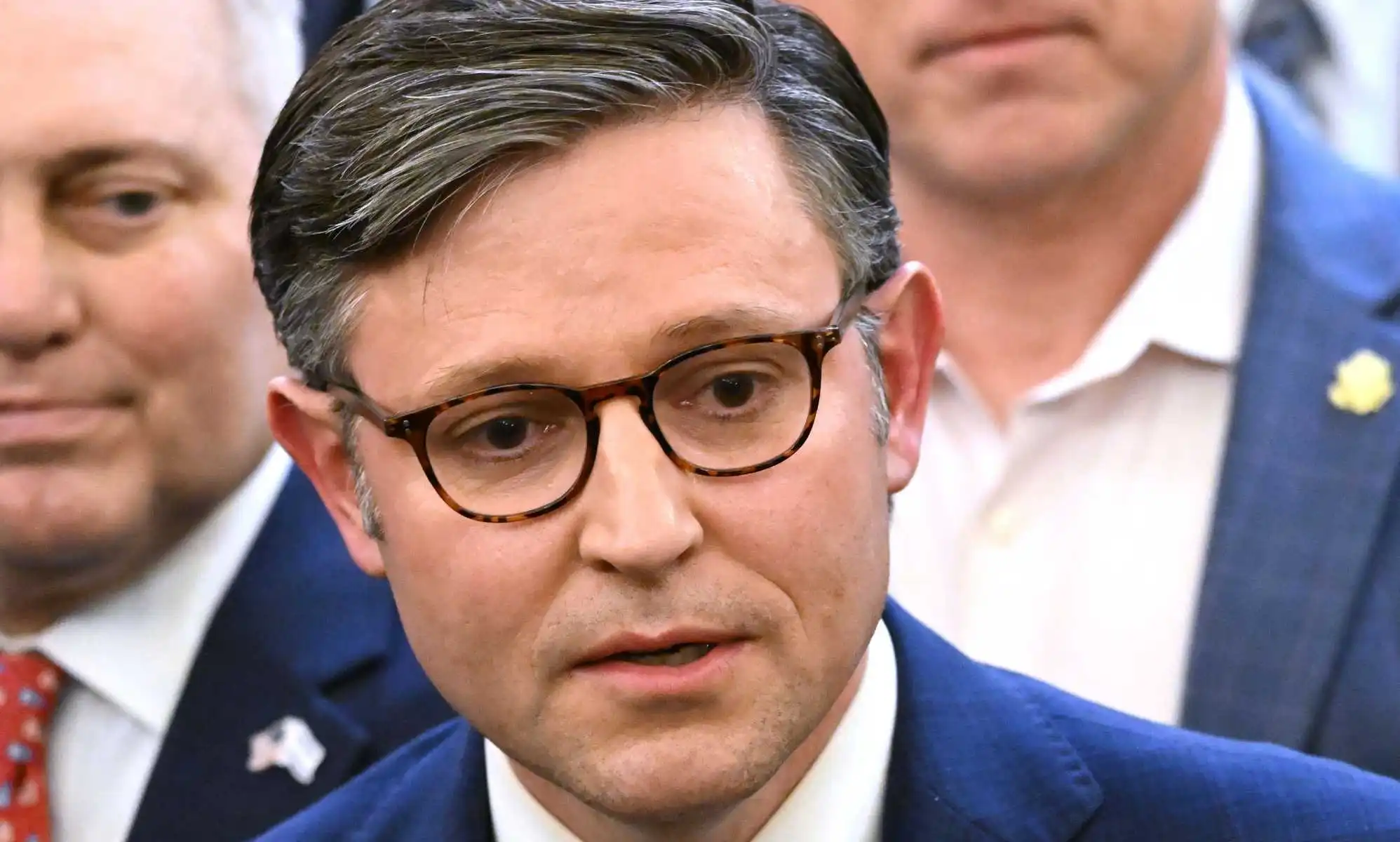Mike Johnson is evil and controlled by the devil, says Christian minister
Mike Johnson is evil and controlled by the devil, says Christian minister

House Speaker Mike Johnson is being mislead and controlled by the devil, a Christian minister has said in a scathing op-ed.
